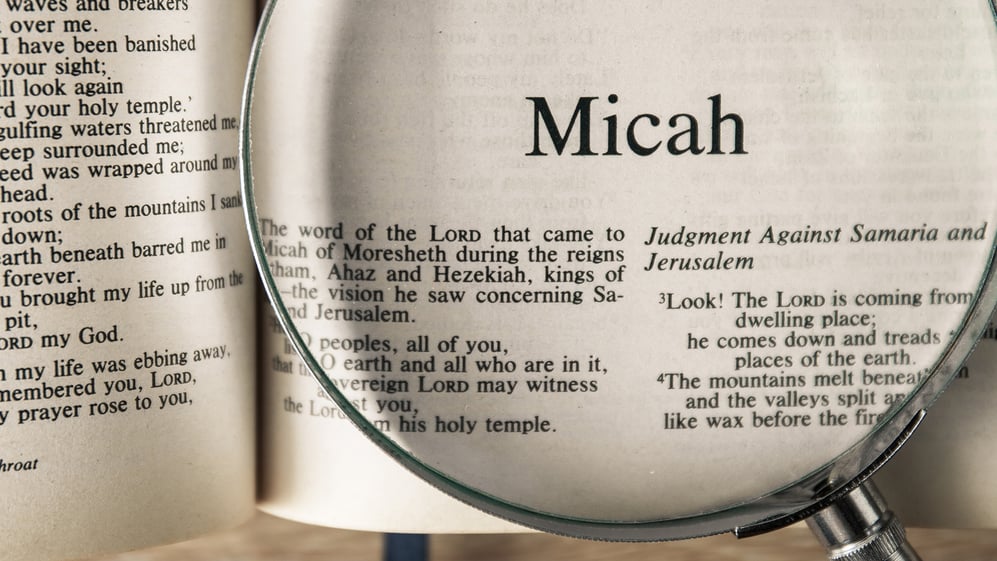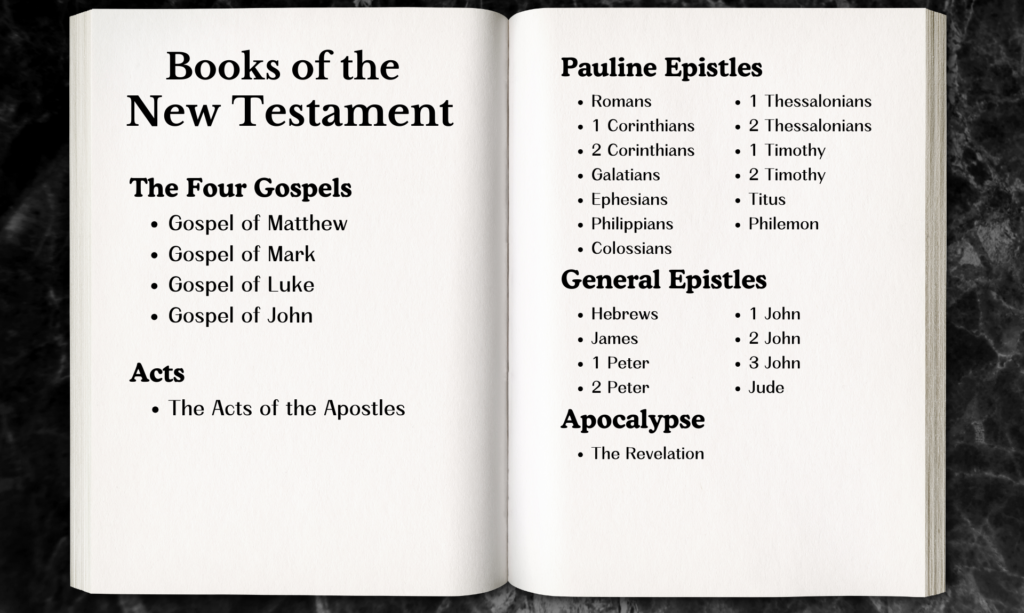When Was the Book Of Micah Written?

Some doubt that the Hebrew prophet Micah wrote either all or parts of the Bible book bearing his name, and have, instead, asserted that the book was written and edited sometime later, by others under his name. Why does it matter when the book of Micah was written? What difference does it make?
“I have been full of power by the Spirit of YHWH” (Micah 3:8 LSV). Micah was inspired by God through his holy Spirit to predict many things, but there are five very important predictions we’ll focus on in this article in order to prove this Bible book’s authenticity, that is, that it was written in the 700’s BCE:








